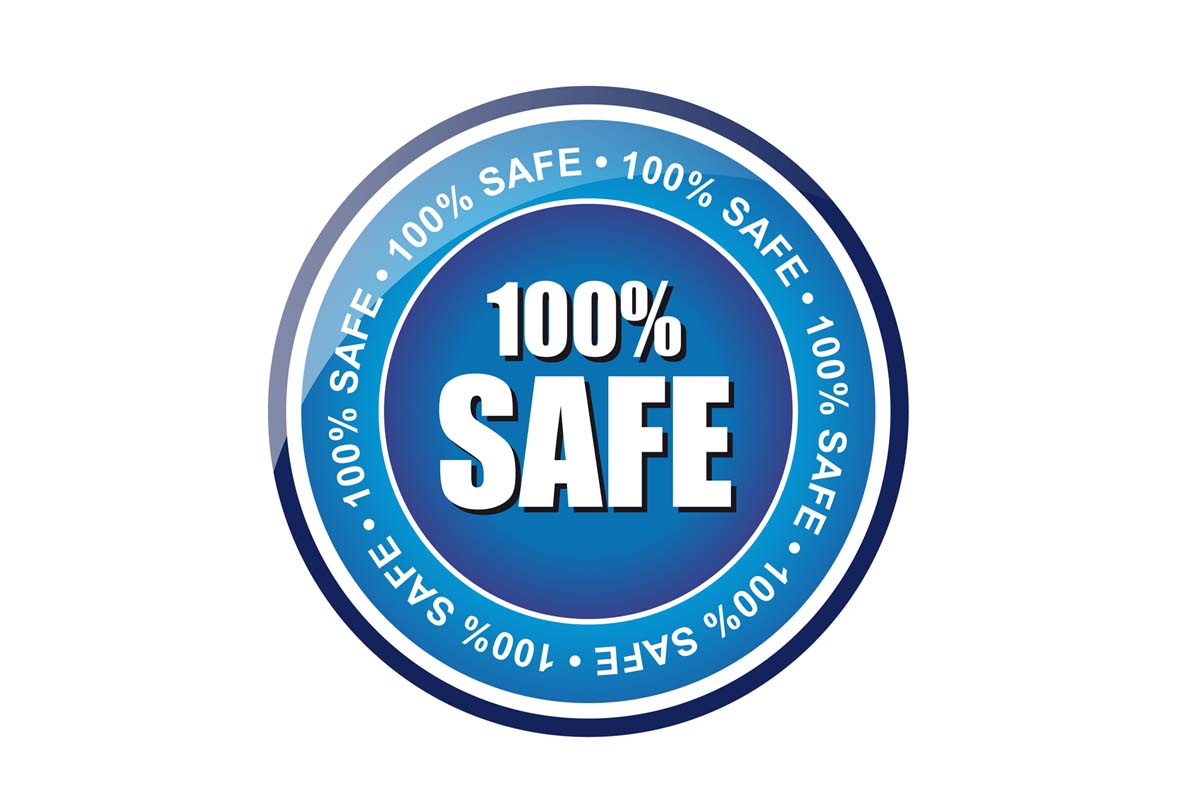Online safety to be taught in schools
The government has launched a new strategy to ensure children can surf the web safely.


The government, in partnership with industry, today unveiled a new Green Cross Code for the internet in a bid to help kid keeps safe while they're online.
The new internet safety strategy aims to protect both children and young people from the harmful effects of the web and comes with the slogan of 'Click Clever Click Safe.' It was launched by Prime Minister Gordon Brown at the first UK Council for Child Internet Safety (UKCCIS) summit held today in London.
Almost one fifth (18 per cent) of young people has come across some form of inappropriate or harmful content online, according to research published to coincide with the strategy's launch. What's more, a third of children claim their parents don't really have any idea of what they're up to when they're surfing the web.
The new strategy, which includes recommendations from Professor Tanya Byron's Safer Children in a Digital World review, will ensure key web stakeholders such as ISPs, charities and the government will be reviewed against new UKCCIS safety standards.
Schools, charities, children and parents will be encouraged to use a new digital Green Cross Code, reminding them to 'Zip it, Block it, Flag it.' In addition, parents will be directed to a dedicated web safety resource hosted by the Child Exploitation and Online Protection centre (CEOP).
"The internet provides our children with a world of entertainment, opportunity and knowledge - a world literally at their fingertips," said Prime Minister Gordon Brown in a statement.
"But we must ensure that the virtual world is as safe for them as this one. Today we are launching our online version of the 'green cross code'. We hope that zip it, block it, flag it' will become as familiar to this generation as stop, look, listen' did to the last."
Get the ITPro daily newsletter
Sign up today and you will receive a free copy of our Future Focus 2025 report - the leading guidance on AI, cybersecurity and other IT challenges as per 700+ senior executives
The school curriculum will also be affected. From 2011, online safety will become a compulsory part of education for all over five.
"The internet presents tremendous opportunities for young people, but with this come risks. Online safety is an issue of growing importance for parents and families who rightly have concerns about what their children see and do online," Children's Secretary Ed Balls added in a statement.
"New standards on internet safety mark a watershed in government and industry cooperation. I am pleased some of the biggest names in the industry, including Microsoft, Google, and Bebo are giving it their backing. In addition, our new digital code will provide a handy tool for children and parents to give them the confidence to know how to protect themselves online."
The hundreds of thousands of computers destined for use under the government's Home Access scheme will also have an online safety element in the form of the CEOP Advice, Help, Report button. And the goverment will also share its experience of tackling the issue on the global stage as part of work with the UN Convention on the Rights of the Child (UNCRC).
Maggie has been a journalist since 1999, starting her career as an editorial assistant on then-weekly magazine Computing, before working her way up to senior reporter level. In 2006, just weeks before ITPro was launched, Maggie joined Dennis Publishing as a reporter. Having worked her way up to editor of ITPro, she was appointed group editor of CloudPro and ITPro in April 2012. She became the editorial director and took responsibility for ChannelPro, in 2016.
Her areas of particular interest, aside from cloud, include management and C-level issues, the business value of technology, green and environmental issues and careers to name but a few.
-
 Why keeping track of AI assistants can be a tricky business
Why keeping track of AI assistants can be a tricky businessColumn Making the most of AI assistants means understanding what they can do – and what the workforce wants from them
By Stephen Pritchard
-
 Nvidia braces for a $5.5 billion hit as tariffs reach the semiconductor industry
Nvidia braces for a $5.5 billion hit as tariffs reach the semiconductor industryNews The chipmaker says its H20 chips need a special license as its share price plummets
By Bobby Hellard
-
 Starmer bets big on AI to unlock public sector savings
Starmer bets big on AI to unlock public sector savingsNews AI adoption could be a major boon for the UK and save taxpayers billions, according to prime minister Keir Starmer.
By George Fitzmaurice
-
 UK government targets ‘startup’ mindset in AI funding overhaul
UK government targets ‘startup’ mindset in AI funding overhaulNews Public sector AI funding will be overhauled in the UK in a bid to simplify processes and push more projects into development.
By George Fitzmaurice
-
 UK government signs up Anthropic to improve public services
UK government signs up Anthropic to improve public servicesNews The UK government has signed a memorandum of understanding with Anthropic to explore how the company's Claude AI assistant could be used to improve access to public services.
By Emma Woollacott
-
 The UK’s AI ambitions face one major hurdle – finding enough home-grown talent
The UK’s AI ambitions face one major hurdle – finding enough home-grown talentNews Research shows UK enterprises are struggling to fill AI roles, raising concerns over the country's ability to meet expectations in the global AI race.
By Emma Woollacott
-
 US government urged to overhaul outdated technology
US government urged to overhaul outdated technologyNews A review from the US Government Accountability Office (GAO) has found legacy technology and outdated IT systems are negatively impacting efficiency.
By George Fitzmaurice
-
 Government urged to improve tech procurement practices
Government urged to improve tech procurement practicesNews The National Audit Office highlighted wasted money and a lack of progress on major digital transformation programmes
By Emma Woollacott
-
 Government says new data bill will free up millions of hours of public sector time
Government says new data bill will free up millions of hours of public sector timeNews The UK government is proposing new data laws it says could free up millions of hours of police and NHS time every year and boost the UK economy by £10 billion.
By Emma Woollacott
-
 Three giant tech challenges the UK’s new government faces right now
Three giant tech challenges the UK’s new government faces right nowOpinion Five years starts now, and there’s not a second to waste
By Steve Ranger